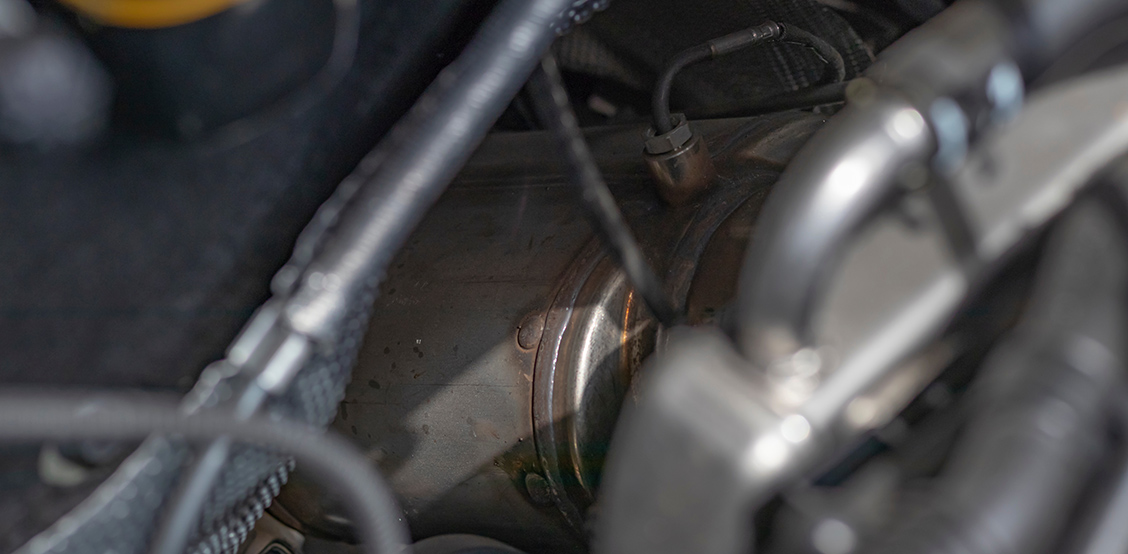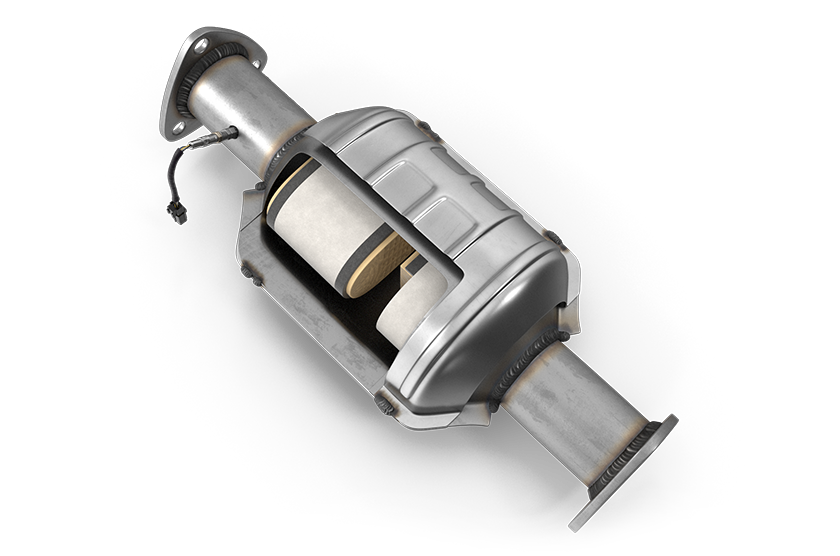DPF self-cleaner as a cost-effective solution for DPF cleaning?


We are frequently asked by our customers about the possible effects of chip tuning on the diesel particulate filter (DPF).
Also in many internet forums you can read more and more about defective diesel particulate filters as a result of a chip tuning.
The desire to increase the performance of one’s own car by up to 50 hp for a few hundred euros is tempting more and more people into chip tuning.
A supposedly suitable provider is quickly found and contacted on the Internet, and soon one’s own car is ‘chip-tuned’.
Many people are not aware of the possible consequences of such a massive intervention in the heart of the vehicle. Because: Chiptuning represents a large change of the control unit of a passenger car – and without this nothing goes!
In the following article, we would like to show you the advantages and disadvantages of chip tuning with regard to the consequences for the engine and DPF.
In chip tuning, adjustments are made to the engine control system, which bring about an increase in engine performance. The great advantage of chip tuning is that the performance of the car can be increased without replacing components.
Why does it work?
It is quite simple. The engine control system monitors various parameters, such as temperature or load. For this purpose, sensors are distributed throughout the car, which record various data.
Based on this data, the ECU ultimately adjusts the driving behavior by regulating fuel injection, ignition angle, and boost pressure, among other things.
In other words, the control unit guarantees the optimal driving behavior of the car, taking into account the current conditions as well as the exhaust emission standards.
How the control unit ultimately reacts in which situation is determined by the manufacturer as standard.
Chiptuning intervenes in precisely this process. There are different methods for this, all of which aim at the same result – changes in the engine control.
Thus, either changes can be made to the maps or incorrect values can be transmitted to the control unit.
Many customers approach us with the question of whether chip tuning is harmful to the engine or the diesel particulate filter. This question must be answered with a clear YES – at least in the long term.
The increase in performance achieved by means of chip tuning does not come about by chance and is usually brought about by the increased supply of air as well as fuel.
This in turn automatically increases the load and wear on the engine.
However, the mere increase in wear represents the optimum case of expected side effects of chip tuning.
Many engine and powertrain components often cannot withstand the high load resulting from chip tuning.
One example of this is the turbocharger. In order to be able to generate more air, an increase in engine speeds is necessary. The turbocharger’s impellers are often not designed for these high speeds. This has far-reaching consequences – up to the final defect of the turbocharger.
In addition, chip-tuned cars use more fuel, which causes further problems. This is because the additional amount of fuel has to be forced through the standard fuel injectors.
However, since these are not designed for such an amount of fuel, the injection duration must be extended.
The extended injection duration in turn causes fuel to be injected onto the piston, which is already sinking downwards. As a result, the piston can overheat, and unburned fuel also enters the particulate filter.
If it now comes to free-burning and thus to extreme temperatures in the range of 1000 degrees, the filter saturated with soot and fuel can even melt!
However, gasoline engines that do not have a DPF are also severely affected. In these, the catalytic converter in particular suffers from the high temperatures.
In general, the power transmission of the car suffers from chip tuning. As can be seen, one problem triggers a chain of other problems that need to be fixed.
So it is rather questionable, not only from a DPF point of view, to have your car chip-tuned just to get a few more horsepower out of it.
Whether you drive a car with or without DPF, chip tuning increases the wear and tear of your car immensely.
If you are nevertheless convinced that you want to increase the performance of your car through chip tuning, we can only advise you to visit a certified expert.
Only with such an expert you can be sure to get a sophisticated software that has been individually adjusted to your car.
In addition, only qualified personnel can really judge whether it is at all possible to modify the respective car by means of chip tuning.
“We – Barten GmbH – recommend regular monitoring of the ash value and continuous cleaning of the diesel particulate filter for a chip-tuned car, so that you can enjoy the benefits of chip tuning while complying with the emission standards for as long as possible! Because: due to the increased diesel injection, the number of particles contained in the exhaust gases increases, making the filter more loaded with soot as well as ash. The maximum collection volume of the DPF is thus reached much faster than in regular operation.”
We would be happy to be your first point of contact for any further questions about chip tuning and the effects on the DPF!
